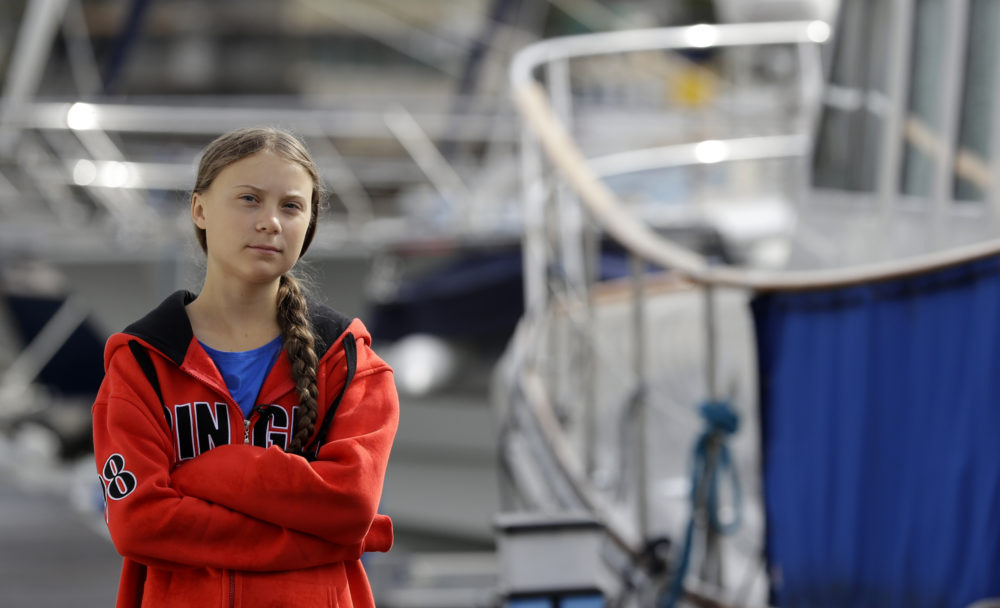Advertisement
Commentary
Why Don’t We Care Enough To Change Our Ways?

Sometimes I pick a book off the shelf that I’ve read lots of times, and I find something in it speaks to me again.
"Credo," published 15 years ago, is a collection of observations by William Sloane Coffin, who died in 2006.
Reverend Coffin speaks to us now, and I think it would be terrific if we all decided to listen. That’s what occurred to me when I revisited "Credo" this week.
Among the more prescient contentions is this one: “It is not really the world but the human race that is fragile, and getting ever more so as it is far from certain that we care enough for future generations to pay the price for their survival.”
If, collectively and internationally, we don’t care enough for future generations to pay the price for their survival, what do we care about?
The earth has survived not only lots of climate change, but the impact of asteroids. Numbers of its creatures have gone forth and multiplied, even as other numbers have disappeared, leaving, if anything, their fossilized bones.
So it makes no sense to worry that the fires in the Amazon forest or the blind determination to keep digging up coal and sucking oil out of the ground threaten the earth. Even mass explosions at dozens of nuclear power plants or a full-scale, gotta-kill-‘em-or-they’ll-kill-us world war wouldn’t destroy the earth, though it surely would make a hell of a mess.
But it might destroy the human race. Or if it did not destroy the human race, it might make the planet so inhospitable that whatever members of the human race remained might wish they’d perished in the initial conflagration.
If, collectively and internationally, we don’t care enough for future generations to pay the price for their survival, what do we care about? Ask most parents what they most care about and probably they will say their children. Lots of them will say they would sacrifice their own lives for their children, and probably lots of them mean what they say. But on a daily basis, we don’t act that way. Or most of us don’t. Bill McKibben does, I guess. But most of us don’t.
Why not? What becomes so important to us as we go along with our daily lives that we fail to see that if we don’t collectively devote ourselves to the business of trying to maintain the earth as habitable, though the earth, whirling mindlessly around the sun as usual, won’t care, future generations certainly will. They will face unprecedented storms and fires and droughts and floods. They will be challenged by immigration waves more massive and desperate than the ones we see today, because millions of people will be traveling to find not just safety and work, but water and food.
Advertisement
That’s not politics or religion. It’s science.
I’m glad I pulled "Credo" off the bookshelf. Though I’m not the perfect audience for everything William Sloane Coffin had to say, I find in him a wise and warm-hearted friend, and I find in parts of his credo wisdom that transcends any particular set of beliefs.
On the same page on which appears his observation about the fragility of the human race, Mr. Coffin writes, “If you’re on the edge of an abyss the only progressive step is backward.”

